Hurricane Irma makes landfall in the Caribbean, threatening historic damage

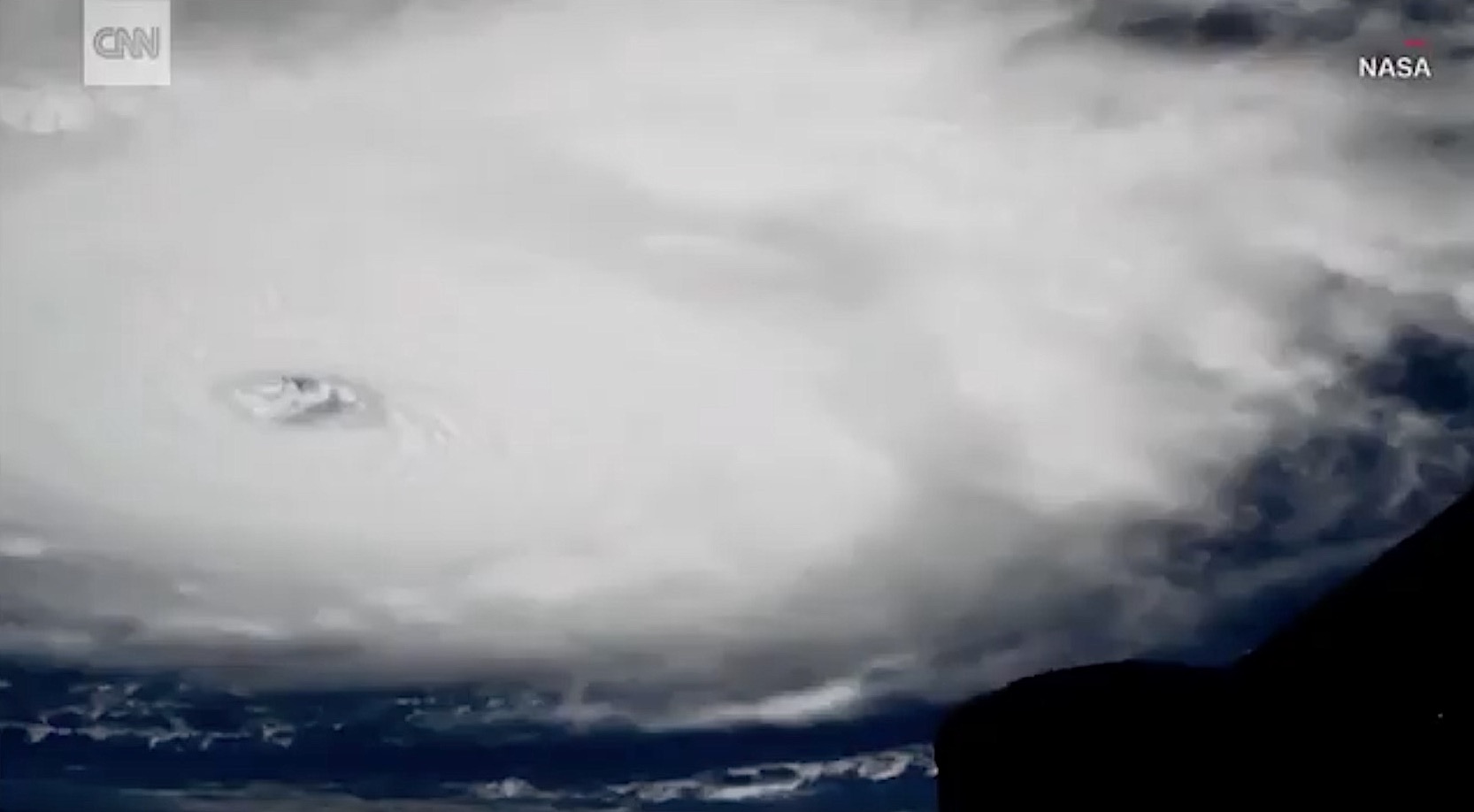
A free daily email with the biggest news stories of the day – and the best features from TheWeek.com
You are now subscribed
Your newsletter sign-up was successful
The eye of Hurricane Irma, a Category 5 storm packing sustained winds of up to 185 miles per hour, made landfall on the Caribbean island of Barbuda just before 2 a.m. on Wednesday, and heavy rains and hard winds slammed neighboring Antigua, where the government had warned people to prepare for an "onslaught," adding, "May God protect us all." Irma is the most powerful Atlantic hurricane ever recorded, The Associated Press says, fed by warm waters usually only found in the Caribbean and Gulf of Mexico. It is expected to remain a Category 5 or 4 hurricane over the next few days as it wreaks havoc on Puerto Rico, the Dominican Republic, Haiti, Cuba, and a string of smaller islands before hitting Florida on Sunday.
President Trump declared a state of emergency in Florida, Puerto Rico, and the U.S. Virgin Islands on Tuesday. "The dangerousness of this event is like nothing we've ever seen," Puerto Rico Gov. Ricardo Rosselló said Tuesday. "A lot of infrastructure won't be able to withstand this kind of force." Irma, expected to hit Puerto Rico on Wednesday, will be the biggest hurricane to hit Puerto Rico since deadly Hurricane San Felipe in 1928, the National Weather Service says, and Puerto Rico's power utility said the storm will leave some residents without electricity for a week or two, while others will be without power for four to six months. Here's how Irma looks from the International Space Station:
Irma is the ninth named storm of this hurricane season, following Harvey. And Jose is already crossing the Atlantic.
The Week
Escape your echo chamber. Get the facts behind the news, plus analysis from multiple perspectives.

Sign up for The Week's Free Newsletters
From our morning news briefing to a weekly Good News Newsletter, get the best of The Week delivered directly to your inbox.
From our morning news briefing to a weekly Good News Newsletter, get the best of The Week delivered directly to your inbox.
A free daily email with the biggest news stories of the day – and the best features from TheWeek.com
Peter has worked as a news and culture writer and editor at The Week since the site's launch in 2008. He covers politics, world affairs, religion and cultural currents. His journalism career began as a copy editor at a financial newswire and has included editorial positions at The New York Times Magazine, Facts on File, and Oregon State University.
-
 Tourangelle-style pork with prunes recipe
Tourangelle-style pork with prunes recipeThe Week Recommends This traditional, rustic dish is a French classic
-
 The Epstein files: glimpses of a deeply disturbing world
The Epstein files: glimpses of a deeply disturbing worldIn the Spotlight Trove of released documents paint a picture of depravity and privilege in which men hold the cards, and women are powerless or peripheral
-
 Jeff Bezos: cutting the legs off The Washington Post
Jeff Bezos: cutting the legs off The Washington PostIn the Spotlight A stalwart of American journalism is a shadow of itself after swingeing cuts by its billionaire owner
-
 Death toll from Southeast Asia storms tops 1,000
Death toll from Southeast Asia storms tops 1,000speed read Catastrophic floods and landslides have struck Sri Lanka, Indonesia, Thailand and Malaysia
-
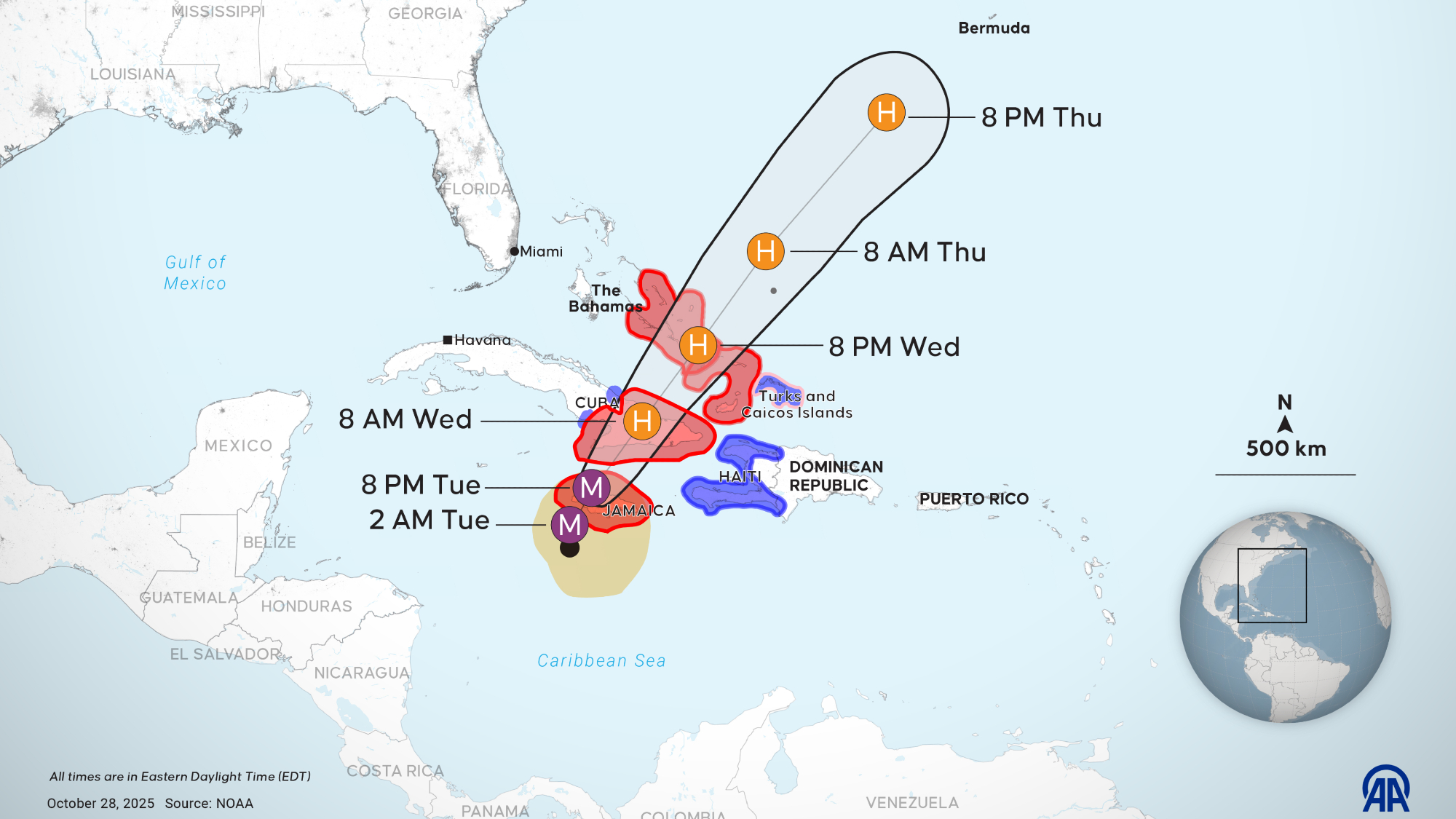 Hurricane Melissa slams Jamaica as Category 5 storm
Hurricane Melissa slams Jamaica as Category 5 stormSpeed Read The year’s most powerful storm is also expected to be the strongest ever recorded in Jamaica
-
 Renewables top coal as Trump seeks reversal
Renewables top coal as Trump seeks reversalSpeed Read For the first time, renewable energy sources generated more power than coal, said a new report
-
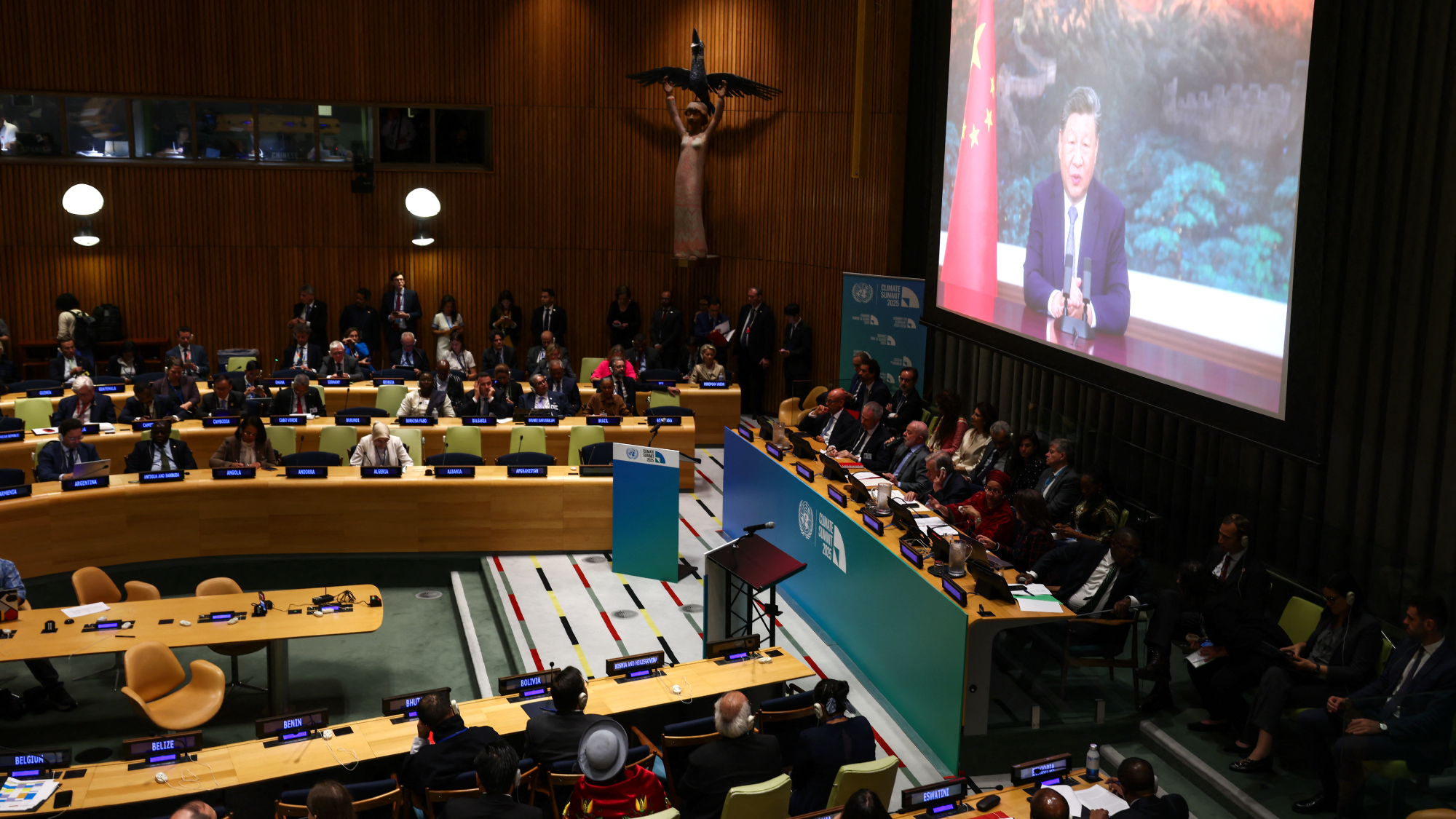 China vows first emissions cut, sidelining US
China vows first emissions cut, sidelining USSpeed Read The US, the world’s No. 2 emitter, did not attend the New York summit
-
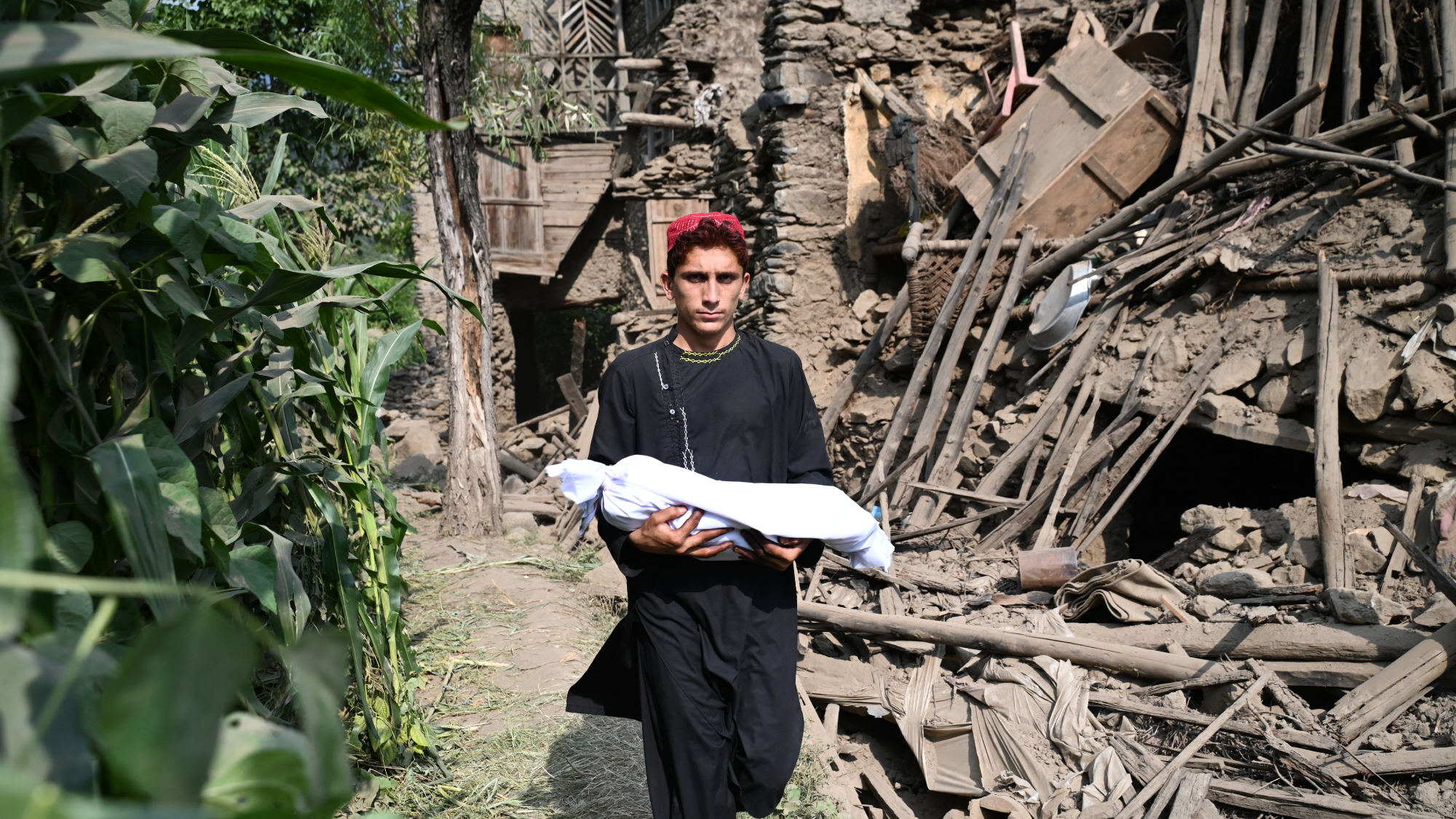 At least 800 dead in Afghanistan earthquake
At least 800 dead in Afghanistan earthquakespeed read A magnitude 6.0 earthquake hit a mountainous region of eastern Afghanistan
-
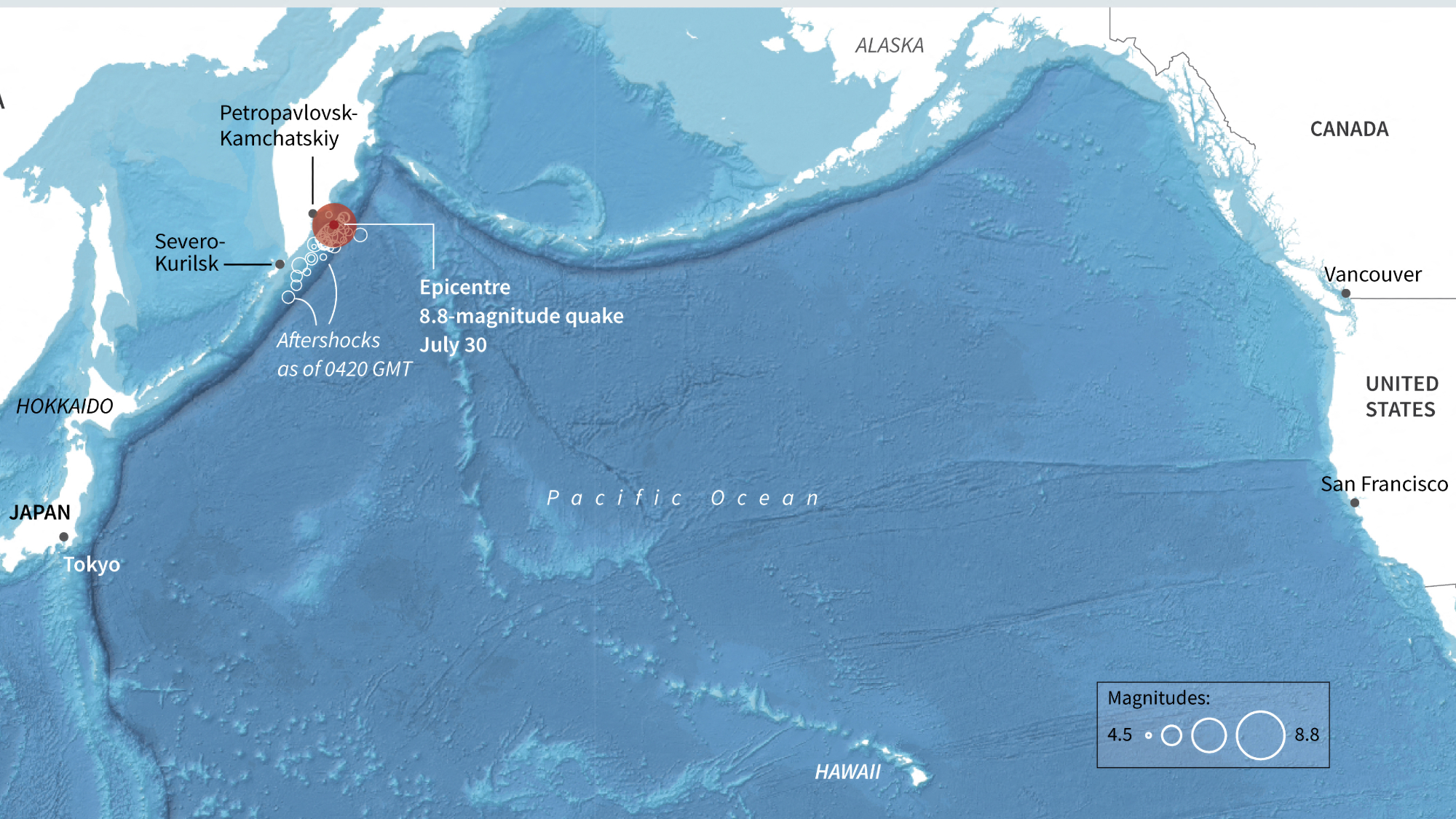 Massive earthquake sends tsunami across Pacific
Massive earthquake sends tsunami across PacificSpeed Read Hundreds of thousands of people in Japan and Hawaii were told to evacuate to higher ground
-
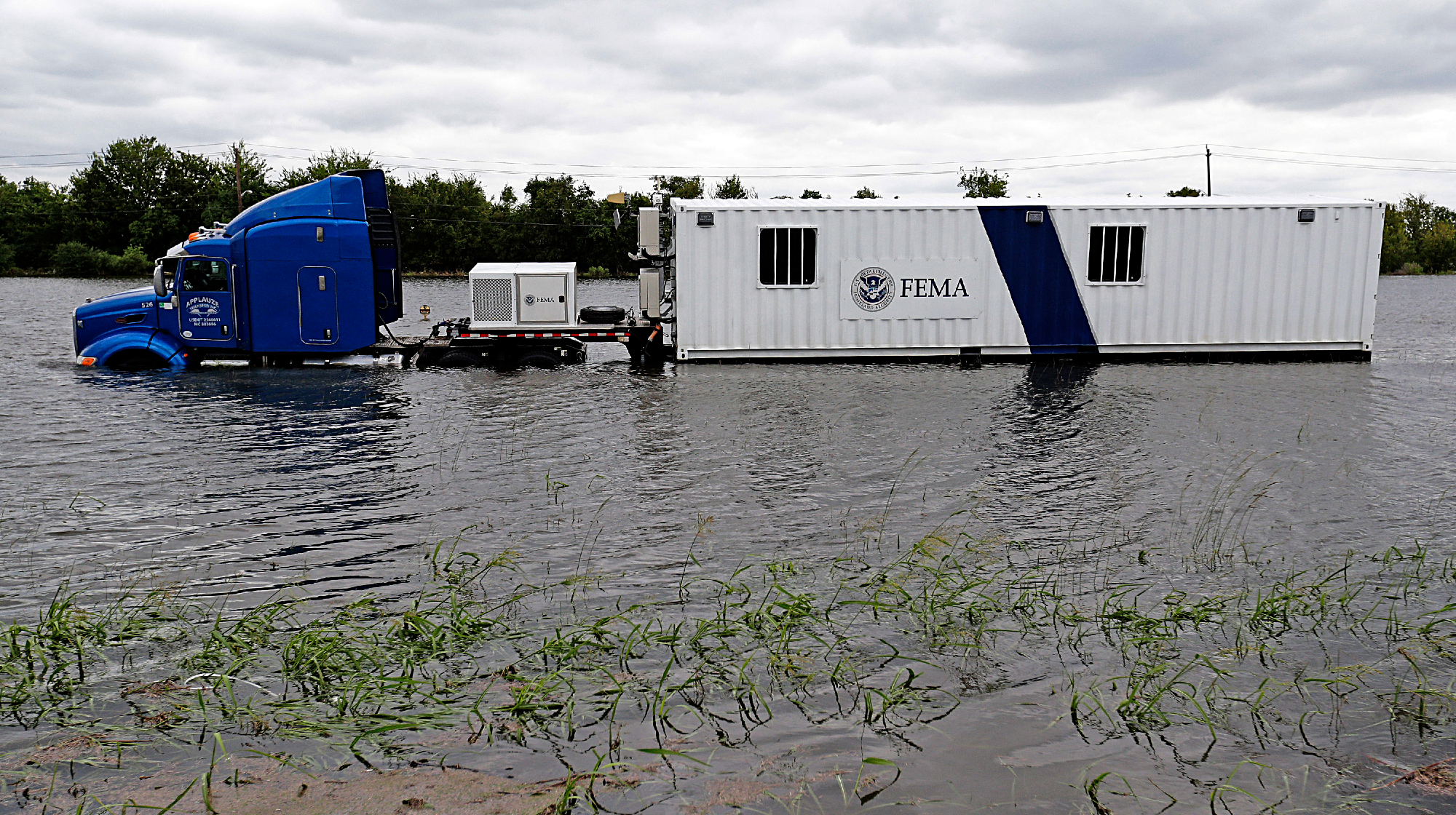 FEMA Urban Search and Rescue chief resigns
FEMA Urban Search and Rescue chief resignsSpeed Read Ken Pagurek has left the organization, citing 'chaos'
-
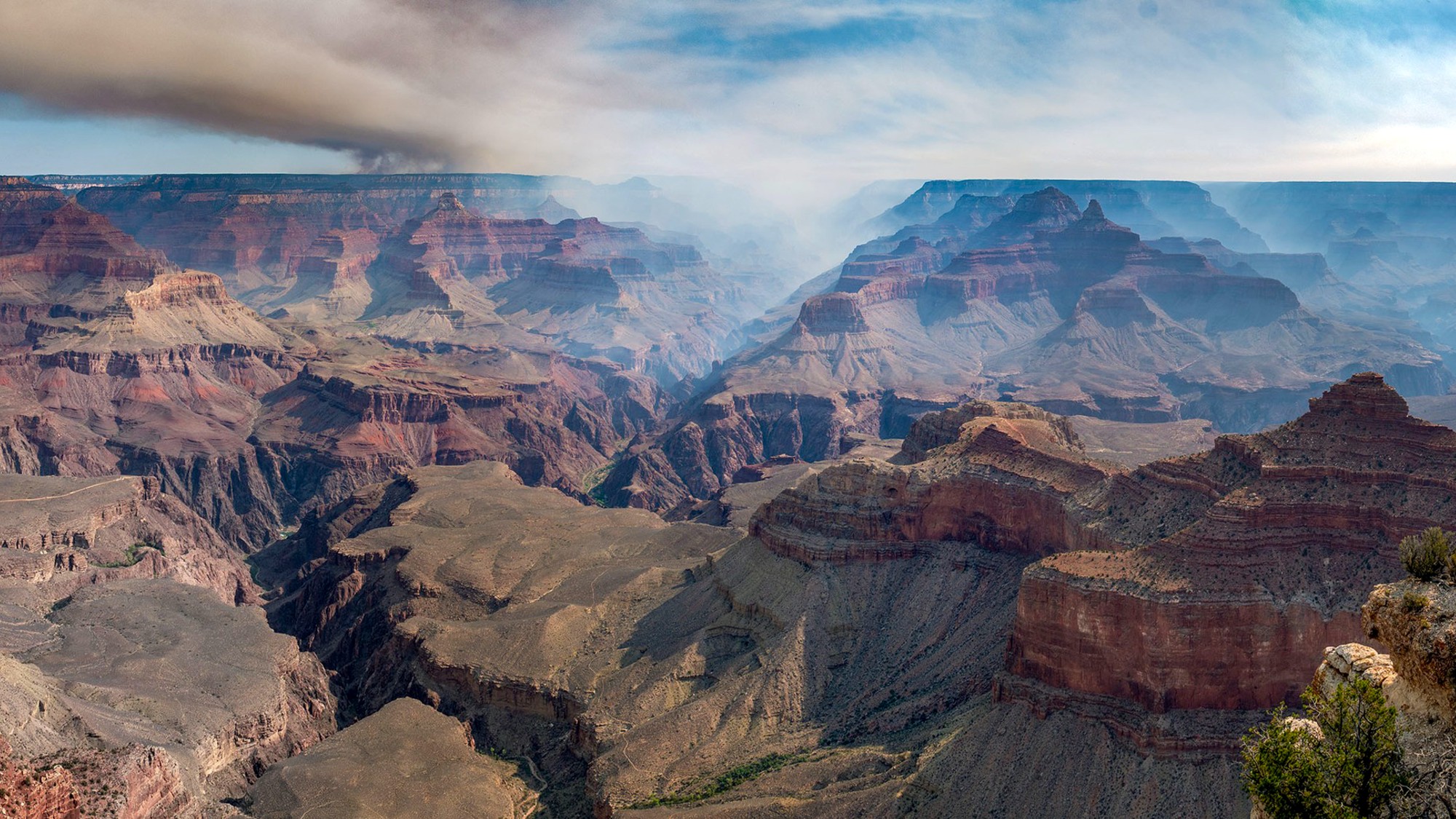 Wildfires destroy historic Grand Canyon lodge
Wildfires destroy historic Grand Canyon lodgeSpeed Read Dozens of structures on the North Rim have succumbed to the Dragon Bravo Fire
